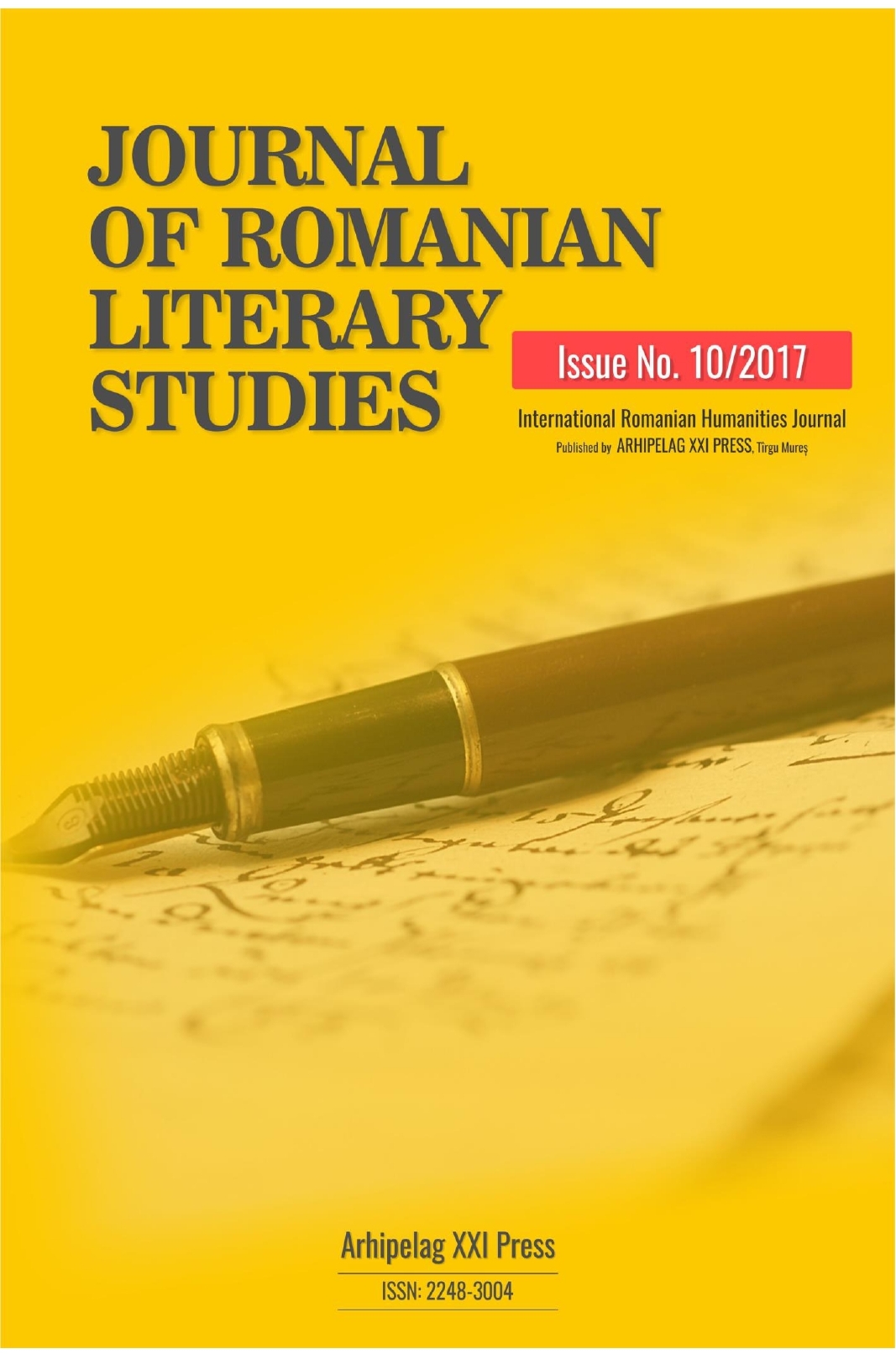BARTHES AND LITERATURE AS DISCOURSE
BARTHES AND LITERATURE AS DISCOURSE
Author(s): Carmen PetcuSubject(s): Semiotics / Semiology, Semantics, Structuralism and Post-Structuralism, Theory of Literature
Published by: Editura Arhipelag XXI
Keywords: language; image; discourse; semiology; myth;
Summary/Abstract: As Barthes emphasizes, literature as discourse forms the signifier (the relation between crisis and discourse defines the work, which is a signification); in myth there are two semiological systems: a linguistic system, the language-object (the language which myth gets hold of in order to build its own system), and myth itself (metalanguage), because it is a second language, in which one speaks about the first. There are between the signifier, the signified and the sign, functional implications which are so close that to analyze them may seem futile (this distinction has a capital importance for the study of myth as semiological schema); the materials of mythical speech, however different at the start, are reduced to a pure signifying function as soon as they are caught by myth. The signifier of myth presents itself in an ambiguous way: it is at the same time meaning and form, full on one side and empty on the other; when it becomes form, the meaning leaves its contingency behind (it empties itself, it becomes impoverished, history evaporates, only the letter remains); the form does not suppress the meaning, it only impoverishes it, it puts it at a distance, it holds it at one’s dispose; the concept reconstitutes a chain of causes and effects, motives and intentions. Unlike the form, the concept is in no way abstract (it is filled with a situation); through the concept, it is a whole new history which is implanted in the myth.
Journal: Journal of Romanian Literary Studies
- Issue Year: 2017
- Issue No: 10
- Page Range: 20-26
- Page Count: 7
- Language: English

